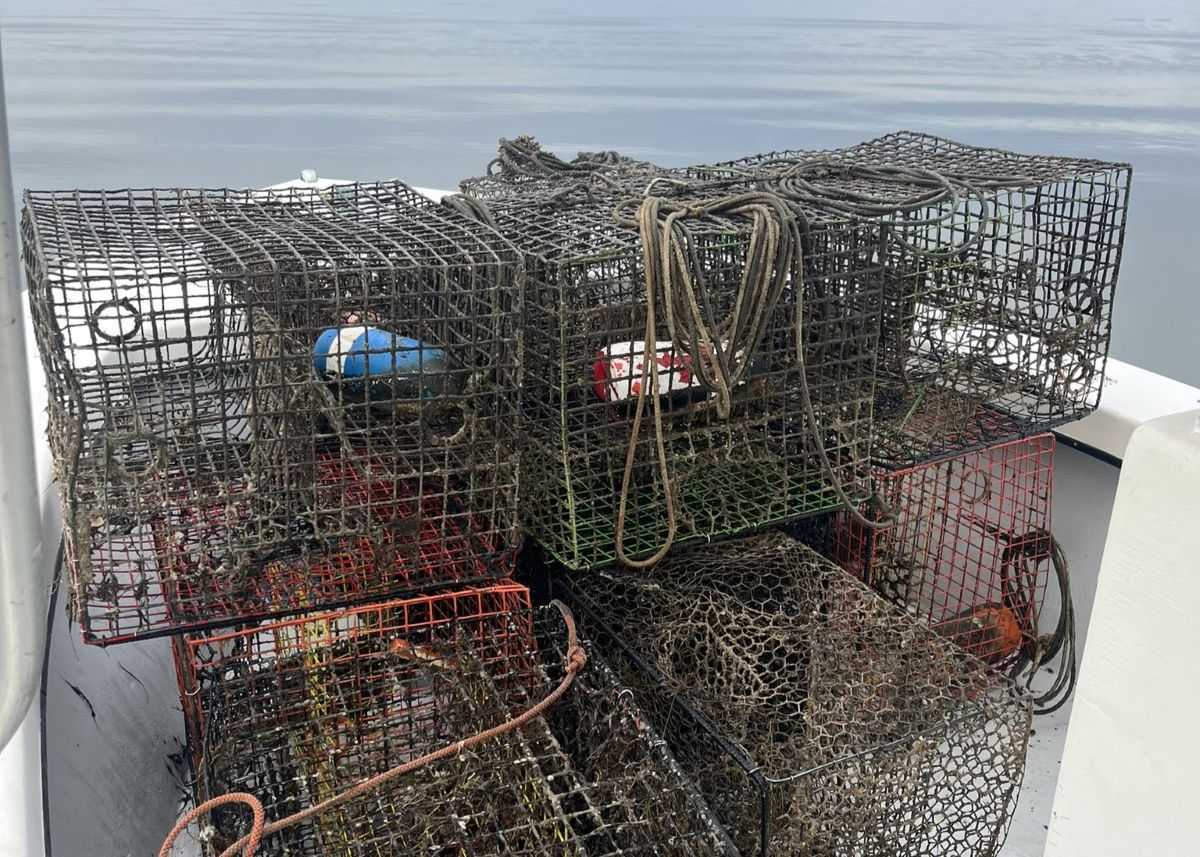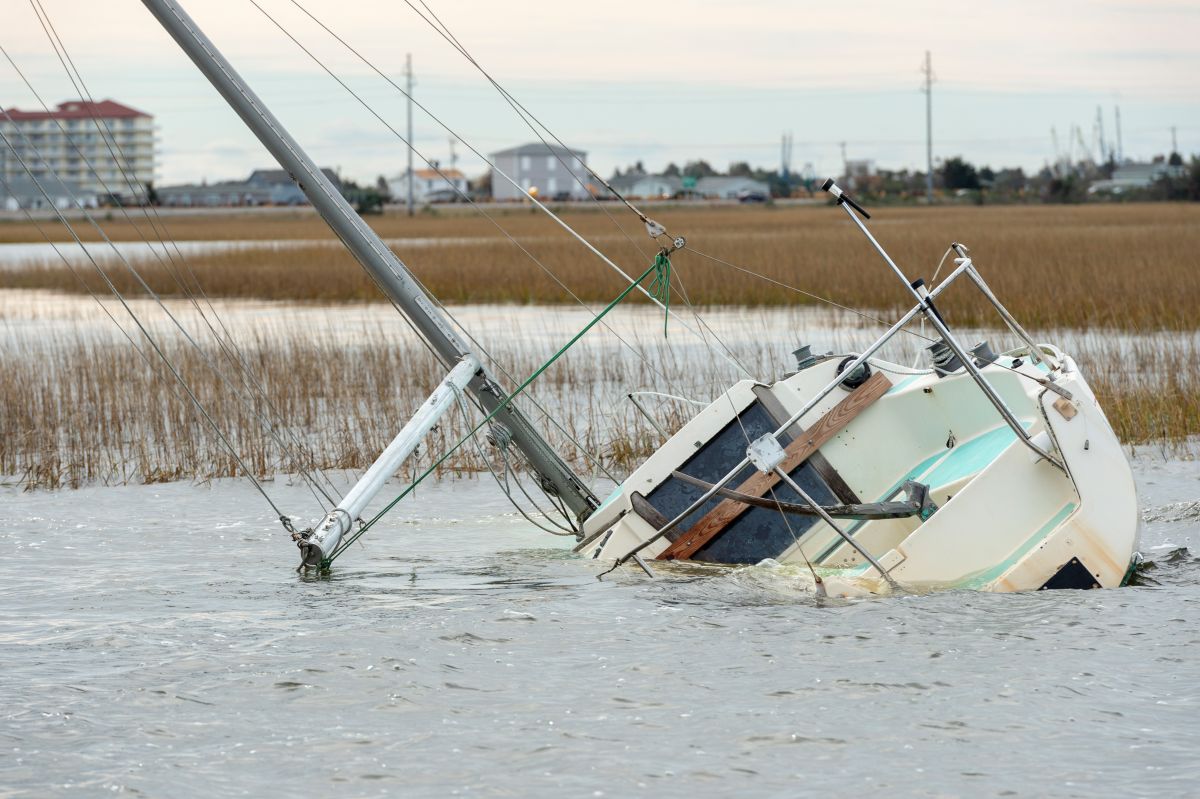
RALEIGH — New laws in response to the COVID-19 pandemic were signed into law Monday, clearing the way for more than $1.5 billion in aid and shaping an all out response to the virus and its damage to the economy.
At a briefing along with legislative leaders, Gov. Roy Cooper signed the COVID-19 Recovery Act and Pandemic Response Act around noon Monday. Both the governor and legislative leaders promised that more help would be on the way.
Supporter Spotlight
The legislature returned last Tuesday to take up the bills, and passed them passed unanimously in both chambers on Saturday afternoon.
Spending in the legislation includes $50 million to build supplies of masks, gowns and other person protection equipment; $150 million for relief to counties and municipalities not eligible for direct aid under the federal CARES Act; $25 million for testing and contact tracing; $25 million in supported for assisted living facilities; a $65 million backstop for rural hospitals; $70 million for response operations and $20 million for loss of fees and receipts for state agencies; $30 million for computers and other devices for schools; $75 million for school nutrition programs; $12 million for improving internet connectivity; roughly $100 million for public education programs and to cover lost revenue; $85 million for public and private university research; $69 million for state universities and community colleges for online learning; a $125 million small business loan program; and $5 million for tourism industry support.
Policy provisions in the bill include dozens of waivers for school requirements for this year and planning requirements for next year. It sets the school opening date at Aug. 17.
The legislation allows agencies across state government to extend due dates and includes a five-month extension for all Division of Motor Vehicle-issued credentials.
It also fixes an error in legislation last year that inadvertently eliminated of state special obligation bond authority for local governments, a common financing vehicle for parks and beach renourishment.
Supporter Spotlight
The legislation sets up a special Coronavirus Relief Reserve Fund and creates a temporary Pandemic Recovery Office to administer the funds and the complicated stipulations for federal aid.
The state is still waiting on a decision on the extent to which transportation and public education costs will be covered. State schools are facing an expensive conversion of facilities and upgrades to online learning. Meanwhile, the free fall in fuel tax revenues means a sudden deficit in funding for road construction and maintenance. The legislation sets aside $300 million in state funds in the event federal aid is unavailable.
During bill discussions last week, Sen. Harry Brown, R-Onslow, the Senate’s chief budget writer, noted N.C. Department of Transportation funding problems were already on the legislature’s agenda prior to the pandemic.
At Monday’s briefing, House Speaker Tim Moore said the state could see a shortfall in the next fiscal year of between $4.5 billion to $5 billion.
The legislature will spend the next two weeks in skeleton sessions and is expected to return on May 18 for the rest of this year’s short session.
Moore said working groups with the House Select Committee on COVID-19 will continue to meet during that time to begin developing the next round of legislation.







